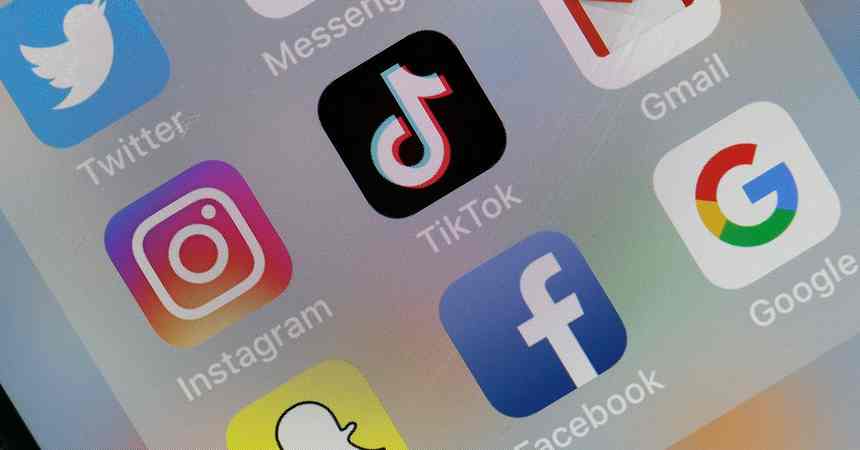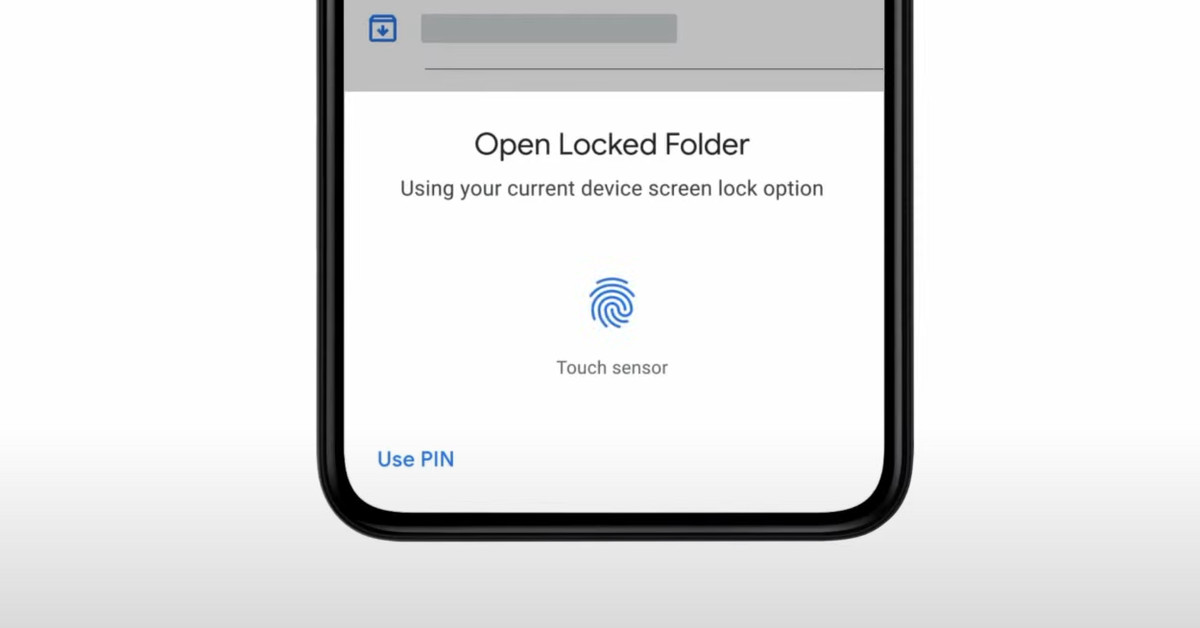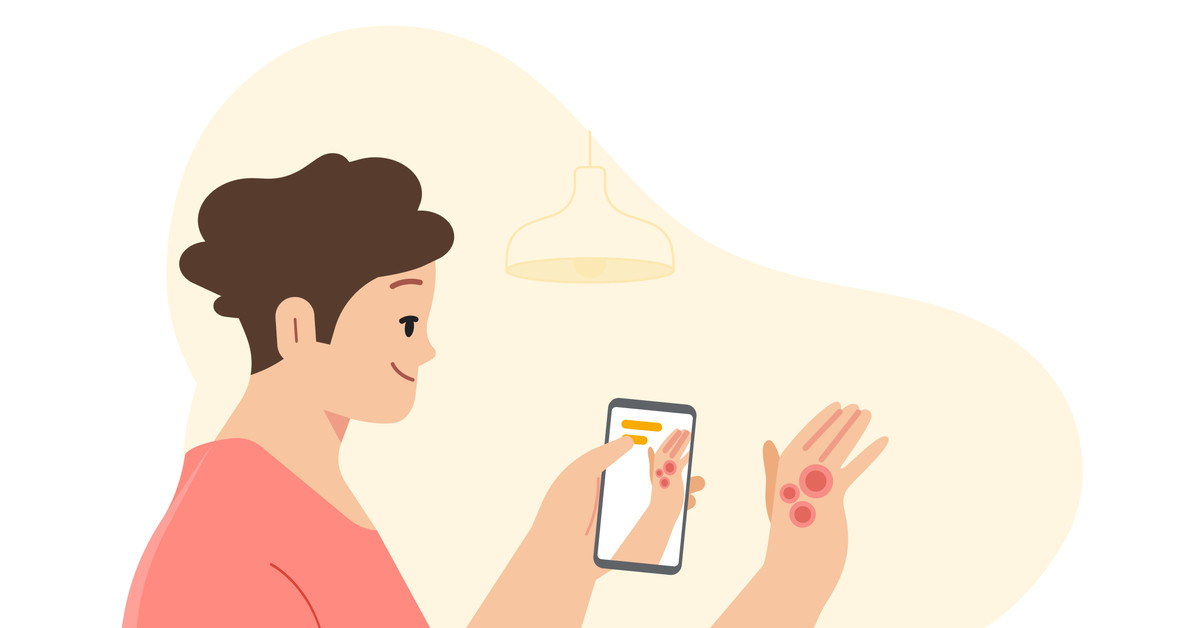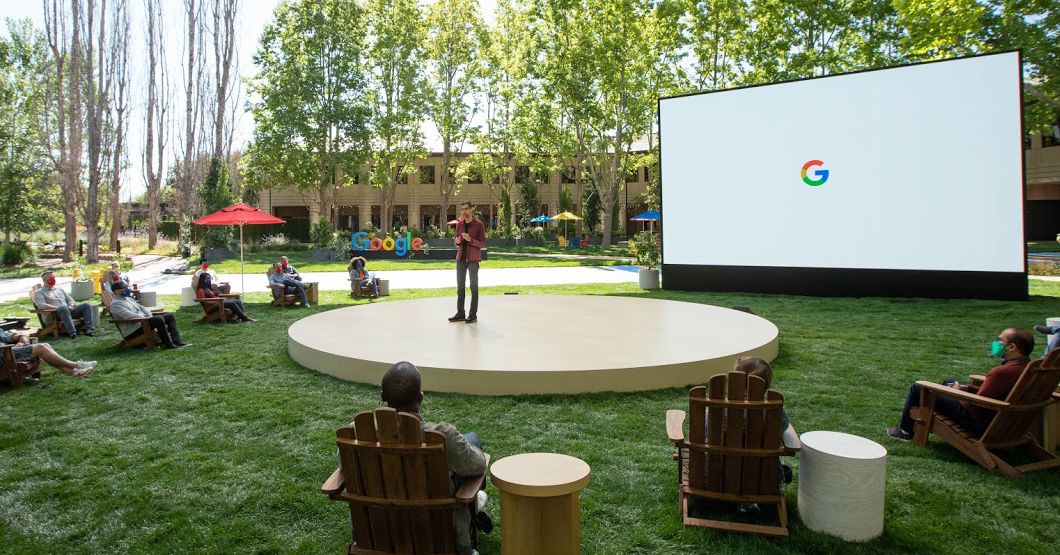On the UN Era Equality Discussion board in Paris on Thursday Twitter, TikTok, Google, and Fb dedicated to tackling on-line abuse and enhancing security for girls on their platforms. The pledge got here following consultations with the World Vast Net Basis (WWWF) over the previous yr, geared toward analyzing on-line gender-based violence and abuse.
The WWWF mentioned the consultations confirmed girls need extra management over who might reply or touch upon their social media posts and extra alternative round what they see on-line, the place, and when.
Based on the WWWF, the businesses have pledged to “construct higher methods for girls to curate their security on-line” by providing extra granular settings, corresponding to who can see, share, or touch upon posts; extra easy and accessible language; simpler navigation and entry to security instruments, and by “lowering the burden on girls by proactively lowering the quantity of abuse they see.”
The best way that final half is worded is a bit irritating; it addresses the aftermath or the placement of abuse, however not the particular person / folks committing the abuse. And simply because the ladies aren’t seeing the abuse on social media, doesn’t imply the abuse has gone away. The platforms actually bear some duty to make their on-line areas safer, however till they get extra proactive and fewer reactive, and go after the abusers, the onus will proceed to fall on girls and marginalized teams to report abuse and persuade a social media platform that it’s worthwhile for them to deal with.
The pledge consists of the platforms enhancing their techniques to report abuse
Along with the “higher curation” guidelines, as a part of the pledge, the businesses will put in place enhancements to their reporting techniques by providing customers the power to trace and handle their stories, and set up extra methods for girls to get assist and help after they report abuse. They’ll additionally allow “better capability to deal with context and/or language,” which can permit for extra refined types of verbal abuse or threats to be included into enforcement measures.
These all sound like glorious objectives, however the launch from the WWWF didn’t embody any specifics about how every platform plans to attain them. Nor did the businesses themselves provide any remark as a part of the information launch, so we’ve reached out to all 4 for remark. Vijaya Gadde, head of authorized, public coverage, and belief & security at Twitter mentioned in an emailed assertion that preserving everybody who makes use of Twitter protected and free from abuse is its high precedence.
“Whereas we have now made latest strides in giving folks better management to handle their security, we all know there’s nonetheless a lot work to be executed,” Gadde wrote, noting that girls and underrepresented communities are disproportionately affected by abuse (which is fairly well-known at this level). Gadde mentioned abusive conduct “has no place on our service. It hurts those that are focused and is detrimental to the well being of the dialog and the position Twitter performs within the expression and trade of concepts the place folks — regardless of their views or views — will be heard.”
Fb’s international head of security Antigone Davis mentioned in an e-mail that the corporate was wanting ahead to working with different tech corporations to make the web safer for girls. “To maintain girls protected from abuse, exploitation, and harassment on-line and offline, we recurrently replace our insurance policies, instruments, and know-how in session with consultants around the globe—together with with over 200 girls’s security organizations,” Davis mentioned within the assertion.
Tara Wadhwa, director of coverage for TikTok US, wrote a weblog submit outlining the corporate’s plans. “Over the approaching months, we’ll start to develop and take a look at various potential product modifications to our platform that deal with these priorities and assist make TikTok an ever safer place for girls,” Wadhwa wrote.
Google didn’t instantly reply to a request for remark Thursday.
At this level, there doesn’t look like something binding the businesses to those “commitments” apart from the prospect of public shaming in the event that they fail to ship. And sadly, that tends to be one of the best ways to get social media platforms to reply to customers’ issues.




